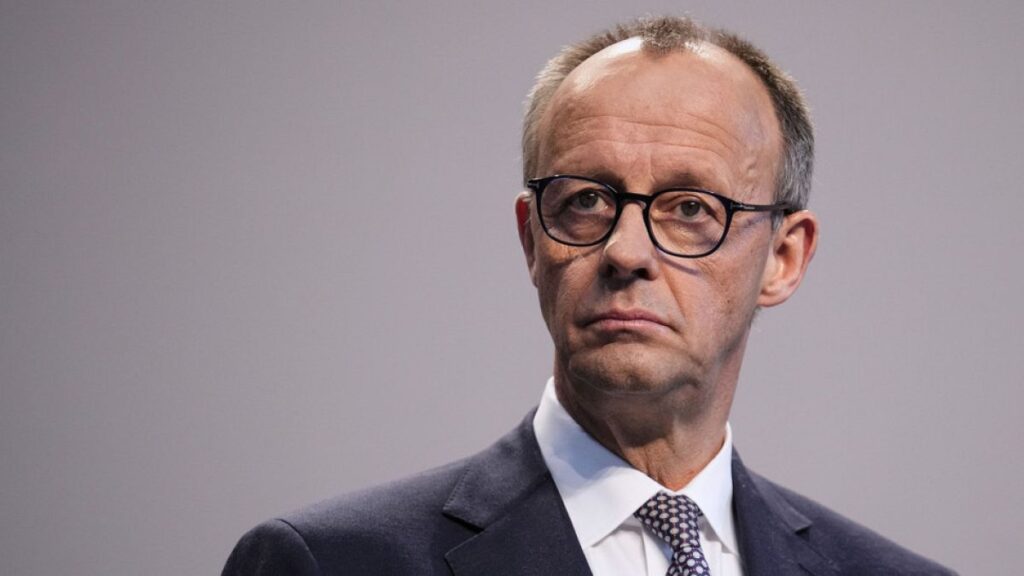German legislators are scheduled to cast their votes on Tuesday regarding the potential appointment of conservative leader Friedrich Merz as the 10th chancellor of the nation since World War II.
Merz aims to lead the most populous member of the 27-nation European Union following the collapse of outgoing Chancellor Olaf Scholz’s administration last year.
The nation boasts the largest economy on the continent and plays a significant role in diplomacy. Merz’s responsibilities will include the war in Ukraine and managing any fallouts from US President Donald Trump’s trade policies.
The Christian Democratic Union (CDU) leader will also be tasked with addressing domestic challenges, like economic stagnation.
Should Merz not secure a majority, the Bundestag – the lower house of parliament – will have a period of 14-days to elect an alternative candidate who can achieve an absolute majority.
Should that option also prove unsuccessful, the constitution allows the president to either appoint the candidate with the highest number of votes as chancellor, dissolve the Bundestag and trigger a new round of federal elections.
Merz must secure the support of a minimum of 316 votes of the 630 seat chamber. This vote is scheduled to take place on the eve of the 80th anniversary of Germany’s unconditional surrender in World War II (WWII).
The secret ballots will be conducted in the renovated Reichstag, where remnants of graffiti from Soviet soldiers have been preserved in various locations throughout the structure.
If Merz is elected, he will be faced with the challenge of dealing with the rise of far-right, anti-immigrant Alternative for Germany party, commonly referred to as AfD.
Mainstream political parties in Germany have declined to collaborate with it, referencing the so-called ‘firewall’ they have maintained against cooperation with extremist parties since the end of WWII.
Rise of the AfD
Last week, the German domestic intelligence agency announced that it has designated the AfD, which secured second place in February’s federal elections, as a ‘right-wing extremist’ group, thereby subjecting it to increased and more extensive monitoring.
The Federal Office for the Protection of the Constitution characterised the party as a danger to the nation’s democratic framework, asserting that it “disregards human dignity,” particularly through what it termed “ongoing agitation” against migrants and refugees.
The decision was criticised by US Vice President JD Vance and Secretary of State Marco Rubio over the weekend. In response to Rubio’s call for the decision to be reversed, Germany’s Foreign Ministry responded to the comments insisting that the process is democratic.
The action taken by the domestic intelligence service does not constitute a ban of the party, as such a ban can only be enacted through a request from either chamber of parliament or the federal government via the Federal Constitutional Court.
Merz has yet to publicly address the intelligence service’s decision.
Merz’s coalition
The newly formed coalition is headed by Merz’s centre-right CDU along with its Bavarian counterpart, the Christian Social Union (CSU). It is supported by the centre-left Social Democrats (SPD), led by Lars Klingbeil.
The coalition holds a modest majority, controlling 328 out of the 630 seats in the Bundestag, and is looking to stimulate economic growth, boost defence expenditures, adopt a stricter stance on immigration, and address long-overdue modernisation.
The Union and Social Democrats have governed Germany together before in the 1960s, and then in three of the four terms of former Chancellor Angela Merkel, who led the country from 2005 to 2021.
Additional sources • AP
Read the full article here

